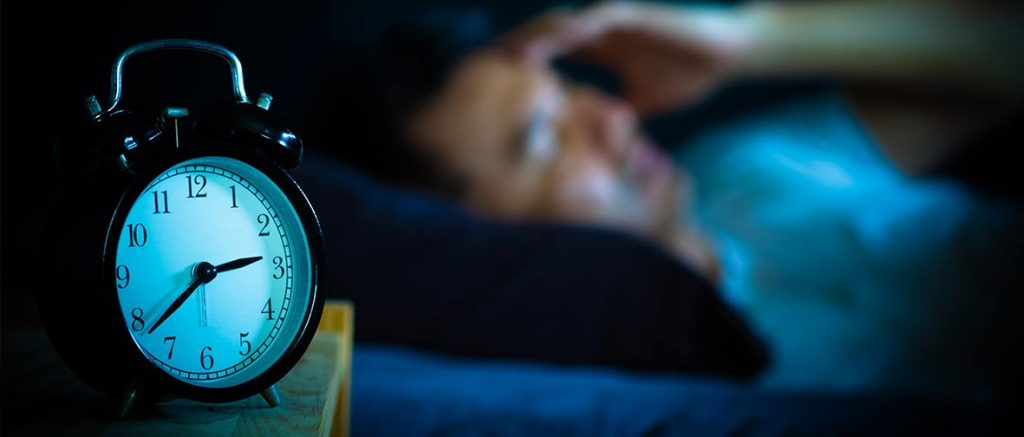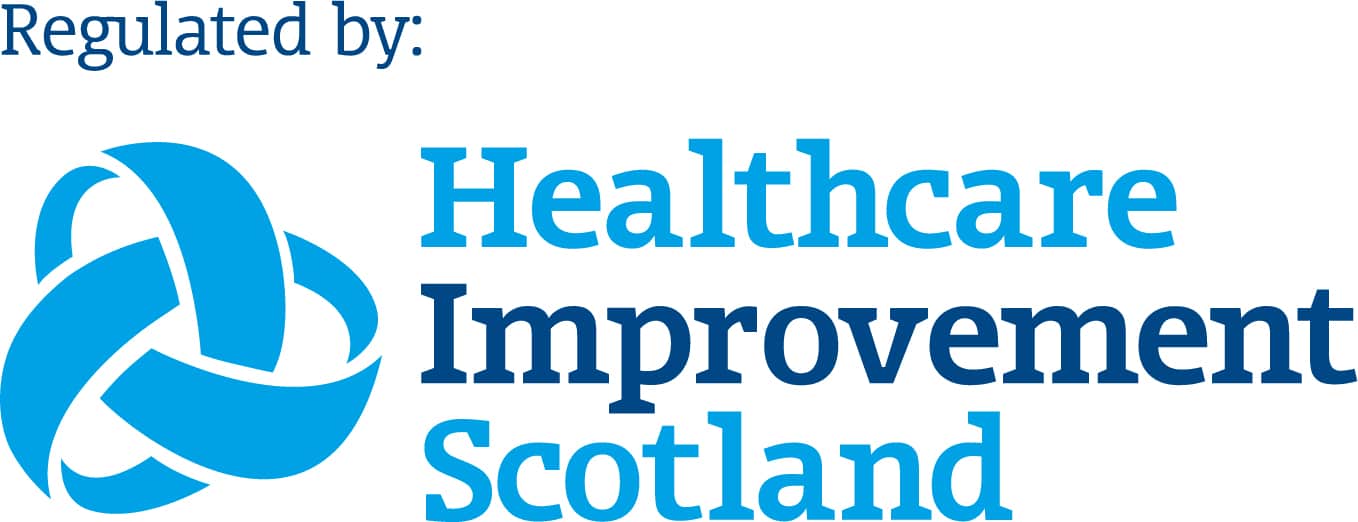
What is the relationship between sleep and mental health?
Sleep accounts for approximately a third of our lives and facilitates very important psychophysiological processes necessary for brain function and good mental health. Decades of research have demonstrated that medicine of sleep disorders and mental disorders are related in numerous ways.
Neuroimaging and neurochemistry studies demonstrate that a good night’s sleep helps foster both mental and emotional resilience, while chronic sleep disruptions create conditions for negative thinking and pessimistic emotions (Cheng et al., 2018).
The link between mental health problems and sleep disturbances has been well documented. Many patients presenting to psychiatry clinics have complaints about sleep disturbances. Patients with clinical depression for example are far more likely to experience sleep issues – with 93% developing chronic insomnia (Park et al., 2013), compared to 10% of the general population (AASM, 2014).
The relationship also works the other way, as many patients attending sleep clinics have mental health problems. For example, one studied showed that 67% of patients attending a sleep disorder clinic had experienced at least one episode of depression in the 5 years prior. (Mosko et al., 1989).Â
There are also links between depression and other conditions that interfere with sleep such as Obstructive Sleep Apnoea (Hein et al., 2017), and restless leg syndrome. (Gupta et al., 2013). Sleep disruption is also a recognised risk factor for the onset and relapse of many psychiatric symptoms including manic / hypomanic episodes (Hensch et al., 2019), psychotic episodes (Ruhrmann et al., 2010) and transition to major depression (Buysse et al., 2008, Breslau et al., 1996).
These studies make it clear, that impaired or reduced sleep is not just a symptom of various mental health conditions but can contribute to the development/severity of mental health problems.
How can Insomnia be Treated?
There are many sleep aids available for insomnia, including over the counter (non-prescription) and prescription medications. Main prescription medications for Insomnia in the UK include benzodiazepine hypnotics (Diazepam, Temazepam) and non-benzodiazepine hypnotics (Zolpidem, Zopiclone). Doctors also may prescribe sedative antidepressants, antihistamines, and sometime small doses of sedative antipsychotic medication to improve sleep. Medications do have their benefits in treating insomnia – they are easily accessible, and simple to administer. Unfortunately, they do have side effects, which can be serious, and there is the risk that patients can become dependent on them.
In terms of medications that can be bought over the counter, herbal supplements and melatonin are advertised for treatment of insomnia. Melatonin can be a very helpful medication in addressing certain sleeping difficulties but is only effective if taken at the correct dose and time for that individual.
Deciding which medication may be right for you depends on the type and duration of sleeping difficulties you face, as well as other personal health factors. To ensure you are taking the right medication for you, you need to discuss your options with a doctor. It is also important, as the doctor can ensure you have the necessary ongoing monitoring to ensure the medication is effective, and to ensure any side effects are monitored.
It is important to remember that whilst medication may help your symptoms, it does not address the causes of insomnia. For this reason, medication is frequently ineffective in the long-term.
An alternative treatment for insomnia is Cognitive Behavioural Therapy (CBT). CBT is a proven effective treatment for insomnia, leading to sustained improvement in sleep (Irwin et al., 2006, Morin and Benca, 2012). CBT is a therapy-based approach that works be addressing the factors that contribute to and maintain chronic insomnia. It focuses on creating sustained changes in sleep behaviours and sleep attitudes. Cognitive Behavioural Therapy is recommended by The American College of Physicians as a first line treatment for chronic Insomnia (Qaseem et al., 2016).
Creating a treatment protocol with CBT requires an individualised approach for each patient. The number of sessions required for therapy varies between 4 and 8. Response to treatment largely depends on the patient’s engagement and adherence to treatment recommendations.
So, what can be done?
Untreated, sleep problems can have a serious impact on mental health and quality of life. Fortunately, sleep problems can be identified and managed, with many options available.
If you have concerns about insomnia, book an appointment to chat with your GP.


